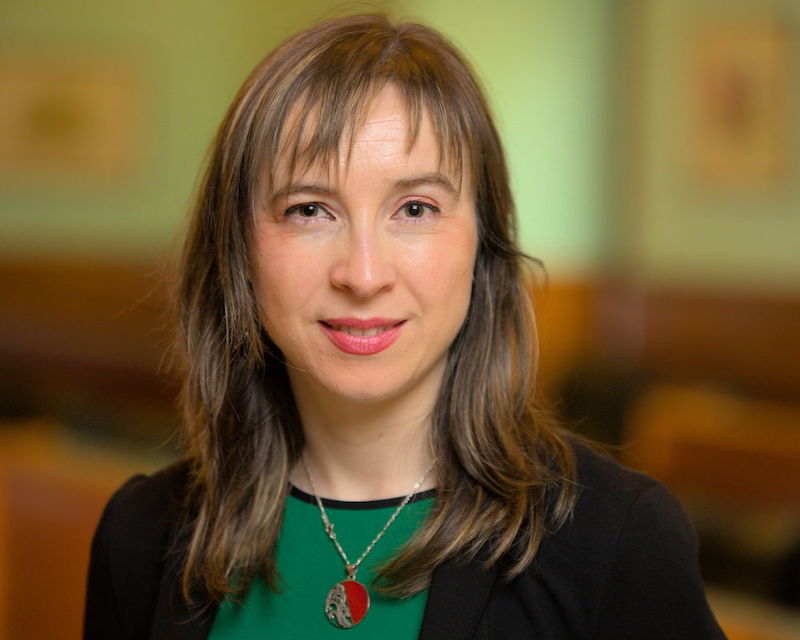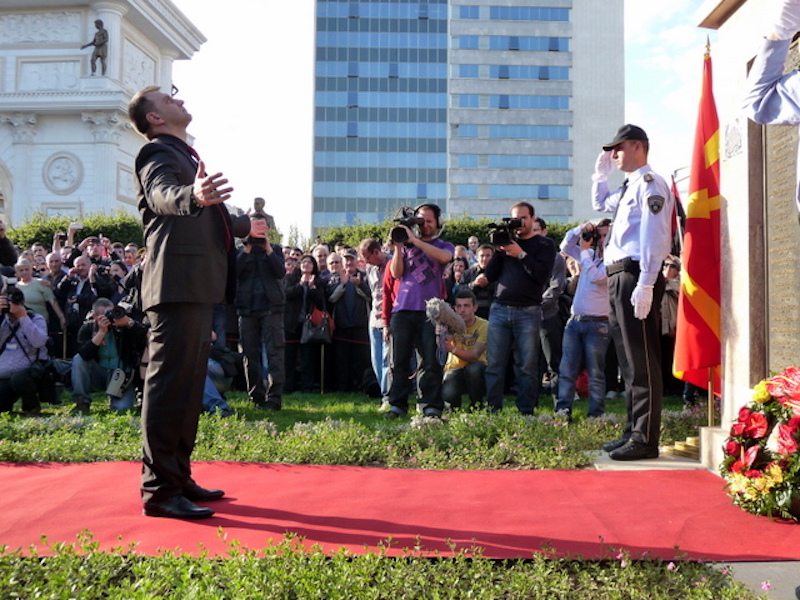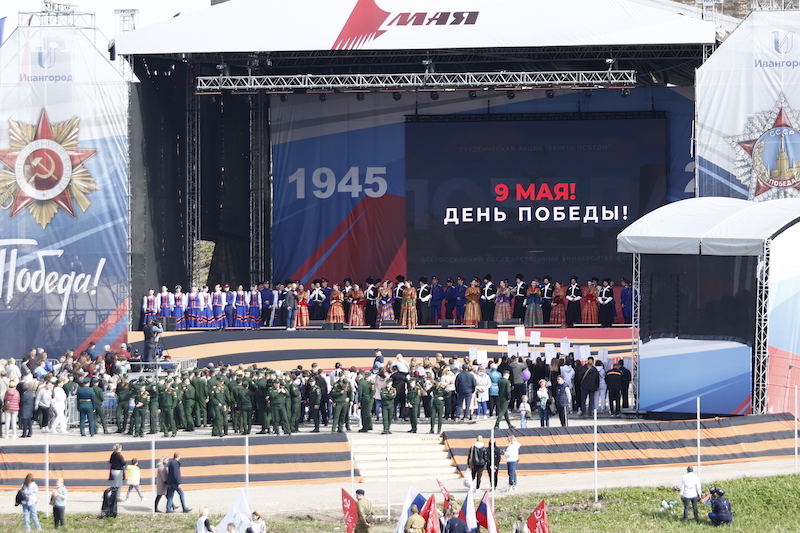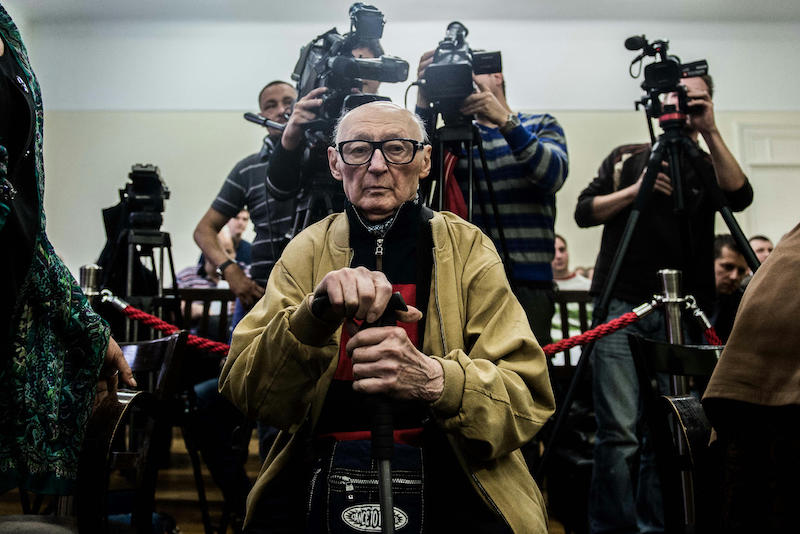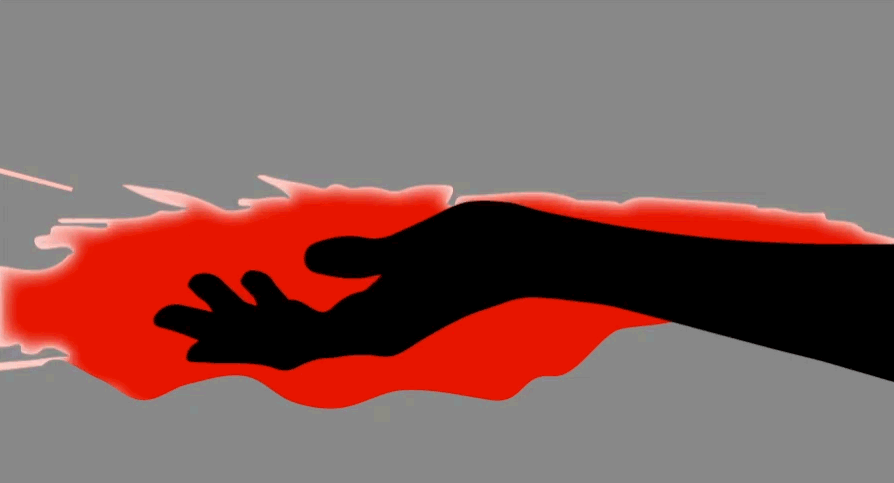The Spanish transition from dictatorship to democracy was mainly non-violent, but many unresolved issues are returning to the public debate, especially concerning what justice means.
In 1975, the dictator Franco dies. Spain starts its transition to democracy. Why was it necessary to enforce a transition without seeking formal justice for the past?
The Spanish transition was highly conditioned by those who carried out the process: the heirs of the dictatorship. There were some concessions [to democracy and transitional justice], but they were not too extensive, and the idea was to keep the former power brokers protected. For example, the amnesty law: it was planned to investigate the victims during the dictatorship, but the perpetrators also used it to cover themselves. This sets the tone for the Spanish transition.
Abroad, people often talk about Spain as a model of peaceful transition. I’m quite critical of that idyllic vision, but [the political protagonists of the transition] did what could be done at the time. It wasn’t about a “scorched earth” policy, and it is important to know the balance of power at that moment. Perhaps criticising the transition from the current perspective is a bit too much. But I also think that over 40 years more could have been done.
What exactly could have been done?
There are some issues pending: for example, a Truth Commission. Transitional justice has three dimensions: truth, justice, and reparation. We think a lot on the justice dimension, on punishing the guilty, but the dimension of truth in Spain has not been properly developed at the time. I believe there has never been a serious debate about it.
How do you see the Spanish transition treated as a “model” for other conflicts?
It shouldn’t be a model in a sense that this is something worthy of imitating. When talking about the Spanish transition as exemplary, it seems to me that it is part of a flawed speech on the equality between the sides like: “atrocities were committed by both sides” or “the best thing is to forget everything”.


